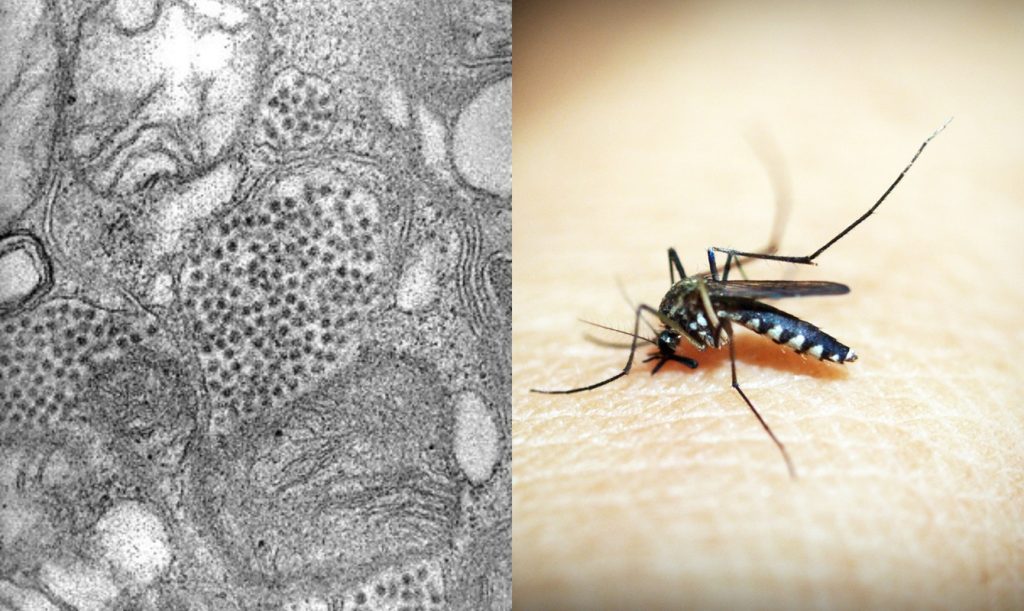New York State reported its first case of Eastern Equine Encephalitis (EEE) in nearly a decade on Friday.
The rare mosquito-borne virus was detected in Ulster County, according to the New York State Department of Health. The individual affected is currently hospitalized.
The Ultimate Hiking Essentials: Top 10 Must-Have Items for Your Adventure
The Ulster County Department of Health is investigating the case, marking the first confirmed EEE case in the state since 2015, officials said.
“EEE is a serious and potentially fatal mosquito-borne disease with no available vaccine,” said New York State Health Commissioner Dr. James McDonald. “While temperatures are cooling, mosquito-borne illnesses remain a risk, and New Yorkers should remain vigilant.”
This human case follows the confirmation of EEE in a horse in Ulster County in August, the health department reported. Earlier this month, two emus in Rensselaer County also tested positive for the virus, though it cannot spread from birds to humans.
This latest case in New York brings the national total to at least 11 this year. The national yearly average for EEE cases is 11, with the majority occurring in eastern or Gulf Coast states.
In addition to New York, cases have been reported in at least six other states this year: Massachusetts (four cases), New Hampshire (two), and one case each in New Jersey, Rhode Island, Vermont, and Wisconsin.
From 2003 to 2023, there have been at least 196 reported cases of EEE in the U.S., resulting in 176 hospitalizations and 79 deaths.

To reduce the risk of infection, health officials advise protecting against mosquito bites by using insect repellent, wearing long-sleeved clothing, treating gear and clothing with insecticide, and taking steps to control mosquitoes indoors and outdoors.
“With this first confirmed human case of EEE in Ulster County, I urge residents to follow recommended precautions to prevent mosquito bites and reduce the risk of infection,” Ulster County Executive Jen Metzger stated.
Most people infected with EEE do not develop symptoms. Those who do may experience fever, headache, vomiting, diarrhea, seizures, behavioral changes, and drowsiness, according to the Centers for Disease Control and Prevention (CDC).
Approximately one-third of people who develop severe cases of EEE die, the CDC notes.

